Christian Siderius

Christian is an adaptation and water resources expert with more than 15 years of experience in conducting research and providing consultancy on climate and water risks and the water-energy-food-environment nexus. He is especially interested in the value of water, and the link between climate variability, risk, resilience and decision making.
Background
From 2016 until 2020, Christian was a Research Fellow at the Grantham Research Institute He worked with Declan Conway on the UMFULA project which focused on decision making under uncertainty in Central and Southern Africa and the El Niño project, studying the impact of the 2015-2016 El Niño on small and medium enterprises in three capital cities in the same region. Christian also managed the Kuwait Programme Research Grant project on ‘Understanding the Changing Water-Energy-Food Nexus in Kuwait and the Gulf Region’. While at Grantham he developed a novel approach to assess the financial feasibility of water conservation in agriculture.
Christian holds an engineering degree (MSc equivalent) in hydrology from Wageningen University in the Netherlands and a combined PhD degree in Environmental Economics and Earth System Science from the same university. His doctoral thesis focuses on flexibility in land and water use for coping with rainfall variability in Asia and Africa. His research has been published in journals such as OneEarth, Nature Sustainability, Earth’s Future and ERL.
Christian is now living in Sydney, Australia, where he founded Uncharted Waters, a research start-up conducting hydro-economic analysis on regional to global water and food security challenges combining detailed hydrology-crop modelling, open source data and machine learning. He is also a visiting scientist at Wageningen University & Research in the Netherlands.
Research interests
- Socio-ecological resilience
- Water, food and energy securities
- Sustainable financing mechanisms
- Water, Sanitation and Hygiene (WASH)
- Environment, Social and corporate governance (ESG)
- Environmental justice
- Monitoring, Evaluation and Learning (MEL)
Research
Research - 2022
The authors of this paper propose an automated multi-criteria design-under-uncertainty sensitivity analysis formulation that uses multi-objective evolutionary algorithms to reveal robust and efficient designs under different samples of a climate scenario ensemble. Read more
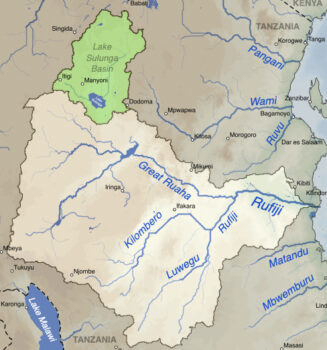
Using modelling and limited observational data the authors of this paper explore the costs and potential water savings of 24 combinations of water conservation measures in the Rufiji basin, Tanzania. Read more

Research - 2021
The authors of this paper examined past and future climate variability with the aim of understanding the main source of climate risk to development plans across the water, energy, and food sectors in southern East Africa, a relatively neglected region in terms of climate science and targeted for extensive infrastructure development. Read more
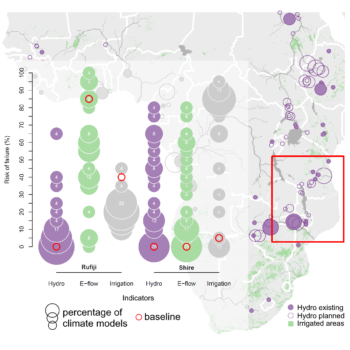
The authors of this paper introduce a novel method to compare the costs of water conservation measures with the added value that reallocation of water savings might generate if used for expansion of irrigation. Read more

Abstract Uncertainty in long-term projections of future climate can be substantial and presents a major challenge to climate change adaptation... Read more

Research - 2020
We quantify the heavily oil-dominated WEF nexus in three Gulf Cooperation Council (GCC) countries (Kuwait, Qatar and Saudi Arabia) across... Read more

Many river basins in the Global South are undergoing rapid development with major implications for the interdependent water‐energy‐food‐environmental (WEFE) “nexus”... Read more

Research - 2019
Economic challenges as a result of the recent fluctuations in oil prices have exposed unprecedented risks to Kuwait and the... Read more

Achieving the United Nation’s Sustainable Development Goals (SDG) in the context of a rapidly changing climate and demographics is one... Read more

The faster melting of glaciers in the Himalayas in recent years will affect the crop production and livelihoods of around 129 million farmers who depend on meltwater from these glaciers, according to this paper published in Nature Sustainability. Read more
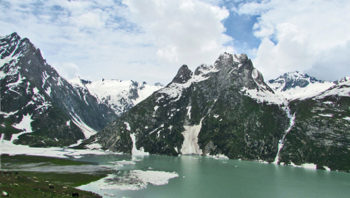
This paper presents an assessment of exposure to outdoor heat in the South Asian cities Delhi, Dhaka, and Faisalabad. Read more

Research - 2018
The El Niño event in 2015/2016 was one of the strongest since at least 1950. Through surveys and interviews with... Read more

Rapid advances in global hydrological model (GHM) resolution, model features, and in situ and remotely sensed datasets are driving progress... Read more

In a warming world an increasing number of people are being exposed to heat, making a comfortable thermal environment an... Read more
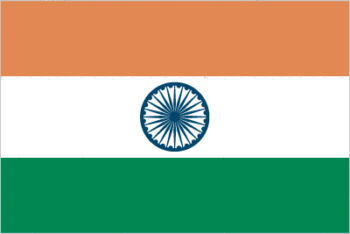
The 2015/2016 El Niño was one of the three most severe on record. El Niño is commonly linked to droughts... Read more

Research - 2016
Biemans, H., Siderius, C., Mishra, A., and Ahmad, B. Hydrol. Earth Syst. Sci., 20, 1971-1982, doi:10.5194/hess-20-1971-2016, 2016. Read more

Siderius, C., Van Walsum, P.E.V., Roest, C.W.J., Smit, A.A.M.F.R., Hellegers, P.J.G.J., Kabat, P. and Van Ierland, E.C. (2016) The role... Read more

Christian Siderius, Hester Biemans, Paul E. V. van Walsum, Ekko C. van Ierland, Pavel Kabat and Petra J. G. J.... Read more

Policy
Policy - 2019
Climate change will lead to increases in the occurrence of chronic heat exposure over longer durations and there is an urgent need to focus on managing the risks this poses, as well as the immediate risks from shorter-lived heat events. This policy brief looks at the problem with a focus on developing and emerging economies, and provides recommendations for action by government, utilities, property developers and investors, development support and finance organisations. Read more
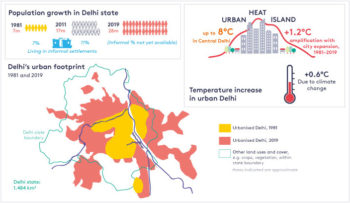
This brief introduces the concept of climate information and reasons for its use in major decisions about water, energy and agriculture, including new infrastructure investments. Read more
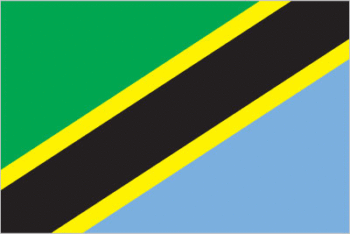
Policy - 2017
This brief provides an overview of future climate change in Malawi, using results from the latest available climate model simulations.... Read more
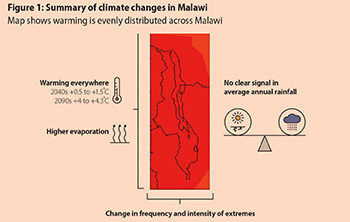
Events
News
News - 2021
Christian Siderius and Declan Conway highlight some of the barriers and opportunities to achieving more sustainable water use in the ‘breadbasket’ of India, at a time of unrest among many farmers faced with new laws they perceive threaten their livelihoods. Read more
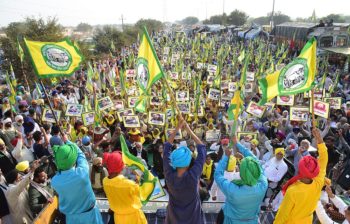
News - 2020
There are two dimensions to understanding the WEF nexus: quantifying the physical links between each element, and unravelling the management and governance structures involved. Declan Conway and Christian Siderius explain, drawing on their work in the Arabian Gulf and Tanzania. Read more
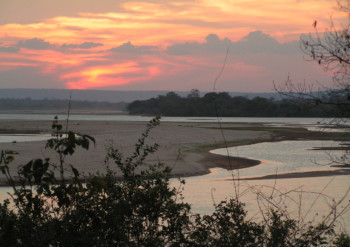
News - 2019
Understanding the connections between water use, and energy and food production can help us address some of challenges posed by climate change. Read more

News - 2016
A new Grantham Research Institute project is exploring the impact of El Niño and La Niña events on small-and medium-sized enterprises in Africa. Read more


